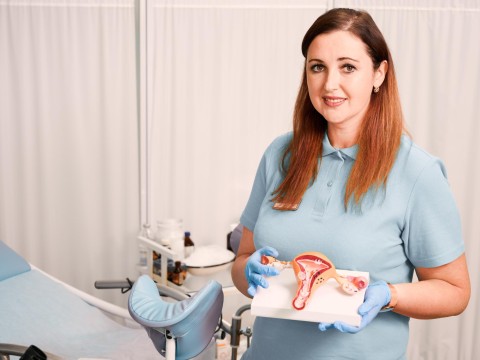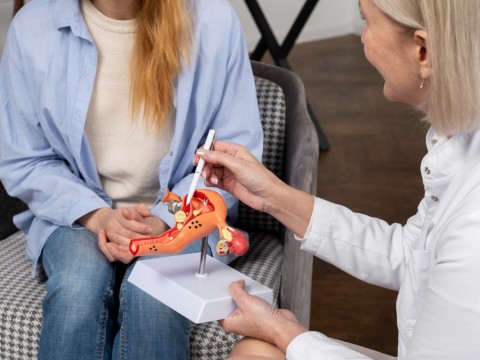Quote of Doç. Dr. İlkin Yeral
In vitro fertilization (IVF) is a medical procedure used to help people with fertility problems or those who want to have a child through assisted reproductive technology. Here's how it generally works:
1. Stimulation: The woman typically undergoes hormone treatment to stimulate her ovaries to produce multiple eggs.
2. Egg retrieval: The eggs are then surgically removed from the woman's ovaries using a needle, guided by ultrasound.
3. Fertilization: In a laboratory, the retrieved eggs are fertilized with sperm from the woman's partner or a donor. This can be done through traditional IVF (where sperm and eggs are mixed together) or through intracytoplasmic sperm injection (ICSI), where a single sperm is injected directly into each egg.
4. Embryo culture: The fertilized eggs (embryos) are monitored for several days to ensure they are developing properly.
5. Embryo transfer: One or more embryos are selected and transferred into the woman's uterus through her cervix using a thin catheter. This is usually done 3-5 days after fertilization.
6. Pregnancy: If the embryo implants in the lining of the uterus, pregnancy occurs. A pregnancy test is typically performed about two weeks after the embryo transfer to determine if it was successful.
IVF can be a complex and emotionally challenging process, but it has helped many people worldwide achieve their goal of having a baby when natural conception is not possible or successful.
- Health Insurance
-
Accommodation
- Online Healthy Life Assistant 9/5
- Post - Experience Follow Up 6 Month
-
Extra Privileges

- Health Insurance
-
Accommodation
- Online Healthy Life Assistant 24/7
- Post - Experience Follow Up 1 Year
- Pre-Treatment Doctor Consultation
-
Extra Privileges

 Private
Private
- Health Insurance
- Healthy Life Butler
- Post - Experience Follow Up 2 Year
- World-Famous Doctor Consultation
-
Extra Privileges
No suitable hotel found for the relevant dates!
* Price varies depending on extra and upgrade selections.




